On August 2023, Larian Studios published their ninth video game and changed the lives of millions of players around the world. Baldur’s Gate 3 became the studio’s most decorated title, winning all five major Game of the Year awards and picking up accolades for its game design, narrative, music, community support, and voice-acting performances.
One such performance was Andrew Wincott as the cunning and evocative Raphael, a cambion fiend who entices our heroes with an offer too good to refuse. The character instantly became a fan favourite, and the role later landed Wincott his first BAFTA for Performer in a Supporting Role.
We had the pleasure of hosting an exclusive interview with the devil we know at gamescom asia earlier this year, diving into the actor’s career in video games and memorable stories from the production of Baldur’s Gate 3.
Disclaimer: The following interview has been edited for clarity and ease of reading.
How did you first get into voice acting for video games?
Voice acting for video games started for me on the very first game that used voice actors, which was the original Broken Sword. It was about 1996, I think. The game was launched the same month as Lara Croft, so that’s twenty-eight years ago.
We were a lot of radio actors, because I was working a lot in radio, as well as in theatre. At that time I’d only been once on the radio drama company at the BBC, and then a group of radio actors were invited to take part in a video game.
We thought, what’s this all about? So it was all very new, and little did we know, or little did I know, that 28 years later recording voices and motion capture would take me to this extraordinary story that Baldur’s Gate 3 has become. We had no idea, I certainly didn’t, but the whole thing has been an amazing experience. So that’s how I started voicing in games.
That’s incredible, because I’m 28 and I was born in…
You were born in 1996. There’s a weird symmetry, isn’t there?
So you’ve been voicing video games for a long time.
As long as you’ve been alive. And games have been voiced for that span.
And I’ve never lived in a world where video games weren’t voiced.
There you go, it is extraordinary. I said at the BAFTA’s how wonderful it is that the BAFTA’s has been celebrating games and recognising games for twenty years, and I said then, where will we be in another twenty-eight years? Where will games be, if we’ve already come that far from Broken Sword to the sophistication of narrative in Baldur’s Gate 3?
You think about movies in that way. When the first talkies came out in 1927, when audiences who’d only then had silent films, suddenly were hearing synchronized dialogue, it must have been a revolution to the audiences.
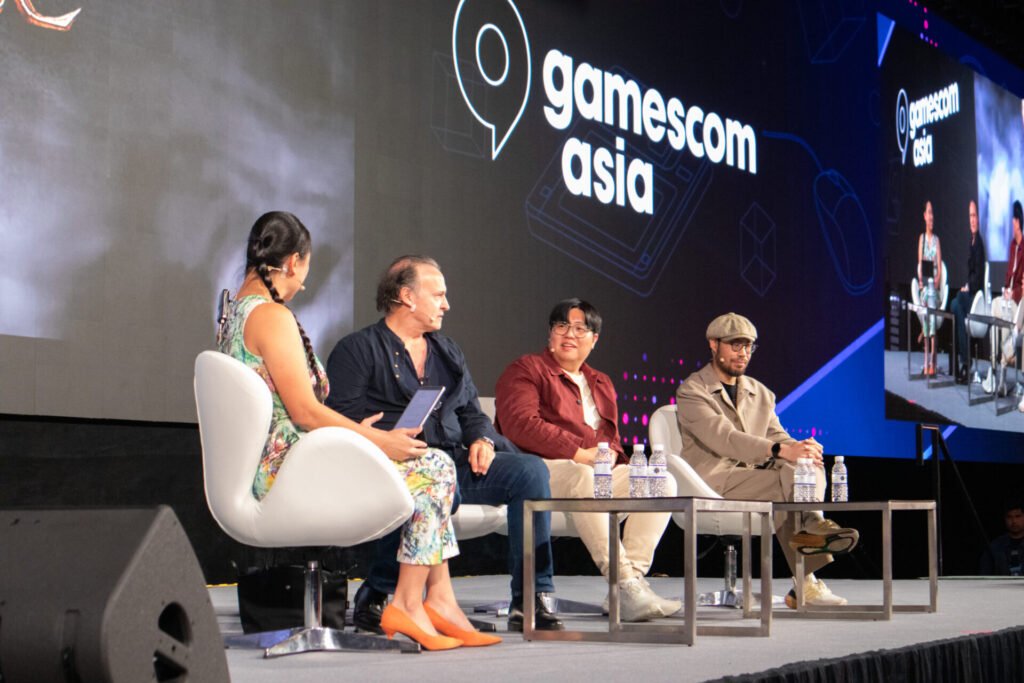
So you’ve covered an incredible breadth as an actor, from radio to video games to the stage. Is there a particular type of acting you’ve gravitated towards over the years?
Well, I sort of take the view that you go where the work takes you. If opportunities come up, you just go with them. And that’s sort of what’s happened with voice acting. I mean, I trained as a classical theatre actor, and that’s where my early experience was.
Then I started working in radio. In those days, you could audition for the radio drama company, and I was invited on a six-month contract, that was then extended twice. And then suddenly you’re in this other world, and that then leads to other voice opportunities. You know, it was a radio director who invited radio actors to voice Broken Sword.
It’s difficult to say what my preference is. Baldur’s Gate 3 has been so amazing, and that’s been a little bit like returning to theatre, because it’s motion capture as well. So I’m inhabiting a physical space. When they said in the first session to angle myself slightly, I thought to myself: Oh, right. So I’m in a three-dimensional space. This is like being on stage.
What was it like filming motion capture for the first time for Baldur’s Gate 3?
Well, initially rather bizarre, but it just suddenly clicked. It’s like theatre, or a combination between voicing a game and being on stage. But the very first session was a bizarre experience, because you go in there and they say, well, put your clothes aside and put this on. Then you have to put on this very fetching Velcro suit and they put all the infrared markers on, wire you for sound, and you’re all set to go. In any case, it’s a new experience.
And then, the fire alarm went off. This is day one, session one. We’re all on the street in the drizzle of a Monday morning, and there I was in my fetching Velcro suit outside Pit Stop Productions on Croydon High Street. I thought, well, how very glamorous. Thankfully it was all fine, there was no fire, and we just got straight on with the recording.
And it was all fantastic. Pit Stop was a wonderful place to work. Everyone was so accommodating and inspiring, as everyone from Larian has been. It’s all been an incredibly collaborative and intuitive experience. You know, they really allowed us to use our instincts and just nudged us once or twice. So there’s never been any stress. It’s all been incredibly relaxed and creative. The writers have been fantastic as well.
How was your experience working with Larian Studios from Divinity: Original Sin 2 to Baldur’s Gate 3?
Divinity: Original Sin was just voice, so I would just go into the studio and put down voices, whatever I was asked to do. But moving into motion capture was the biggest change, and then they built another studio while we were working on Baldur’s Gate 3, because it was four or five years in the making and Covid in the middle of all that.
But every session was terrific, and they just kept growing and growing, and then throwing more challenges at me. Oh, we’d like Raphael to sing now. Okay, why not? And then they introduced Haarlep. So it was a series of one challenge after another. We just went with the flow.

What’s the story behind Raphael’s Disney villain song?
Well, the idea appeared quite late in the process. Larian, and Swen, probably thought: Let’s give Raphael a song, why not? You know, I would love to have been there when they came up with that idea. They gave me a call and asked me how I felt about singing, and I’m not a singer, but again I said: Yeah, why not? Let’s go with the flow.
They sent me the lyrics and a guide track, and then I went into the studio and we had one hour. One hour was scheduled that afternoon and Borislav, or Bobby, was remotely directing the session. He was in Bulgaria and he sort of talked me through the phrasing, the timing. Then he said: Now, forget everything I told you. Now we just do it. We’re almost ready to go on stage.
And that was it. I thought, it’s like a musical performance. And he said, yes, my friend. So we somehow arrived at the final product after about an hour.
Incredible, and later you got to perform it live?
So there’s the Game Music Festival in London. Bobby said at the BAFTA’s that it would be great if we sang it together and we did it as an encore. I said OK, but again, we had very little rehearsal and I was sitting in the auditorium during the whole concert. The music sounded absolutely amazing in that space, and there were two and a half thousand people in the Royal Festival Hall.
The plan was, when Amelia Tyler invited Bobby on stage for the standing ovation at the very end, that would be my cue to get up and wait at the side of the stage, so he could invite me up there with him. People had seen me in the auditorium. They probably thought, we’re not going to get the song. Then Bobby said, hold your applause, because now down here come the… Two and a half thousand people said: the claws, the claws!
Bobby said, would you please welcome to the stage our Raphael? And I went up there, and there was this incredible scream. I’ve never heard anything like it. It was an unforgettable moment. And we did the song. Mariya Anastasova was there, the soprano, and I sang Raphael’s final act. It was a great night. I felt like a rock star, Raphael the rock star.
Last question: Do you have a favourite line as Raphael?
I have many favourite lines. The writers were wonderful, and Adam Smith wrote some amazing lines. And they started to write for us based on the way the character was evolving, so the script evolved with us. We were responding to each other, and Adam gave Raphael this rather Baroque turn of phrase, but I think my favourite line is: “What’s better than a devil you don’t know? A devil you do.”
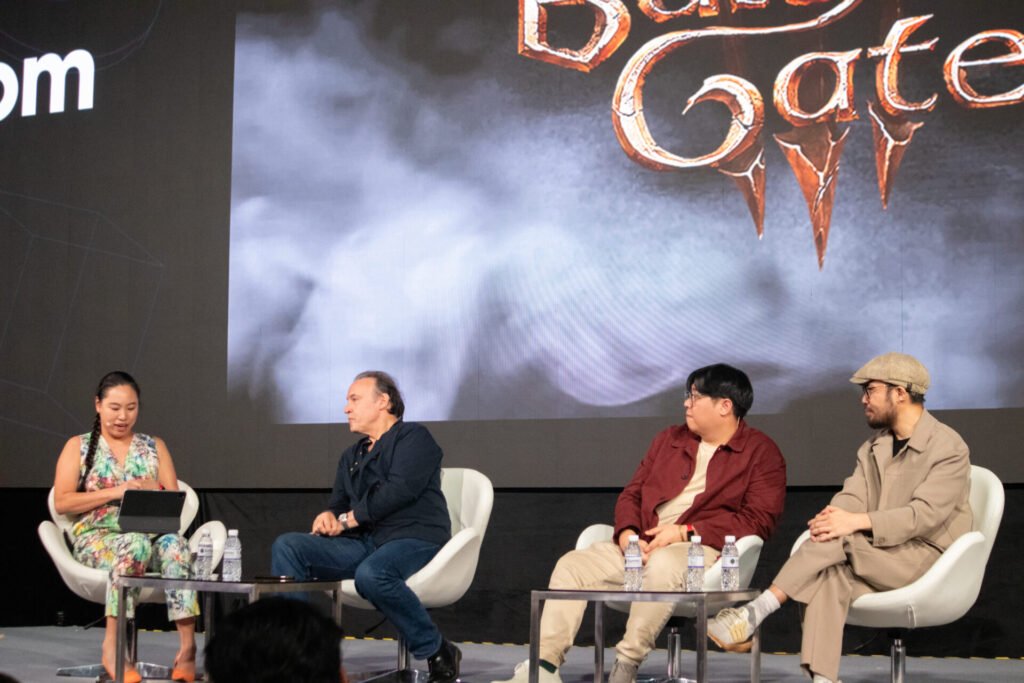
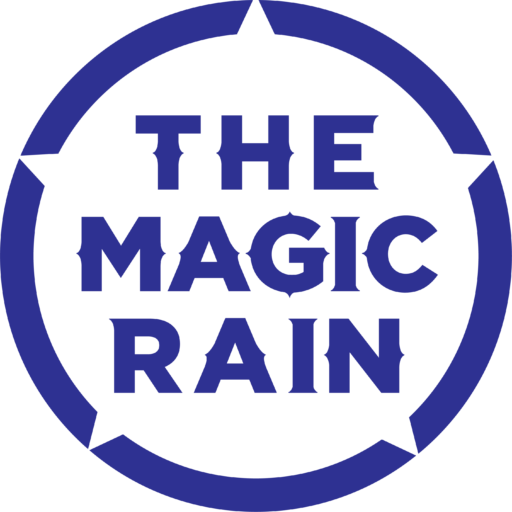

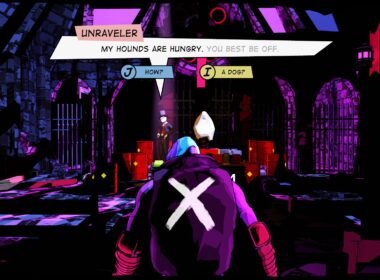
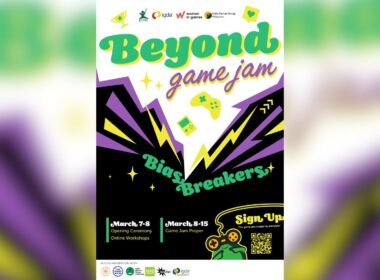
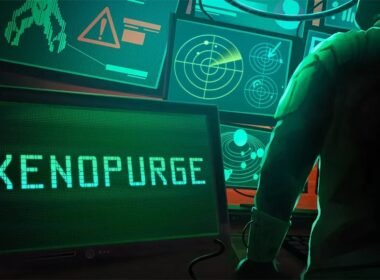
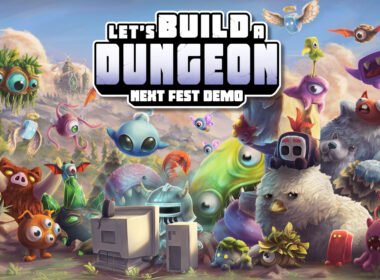

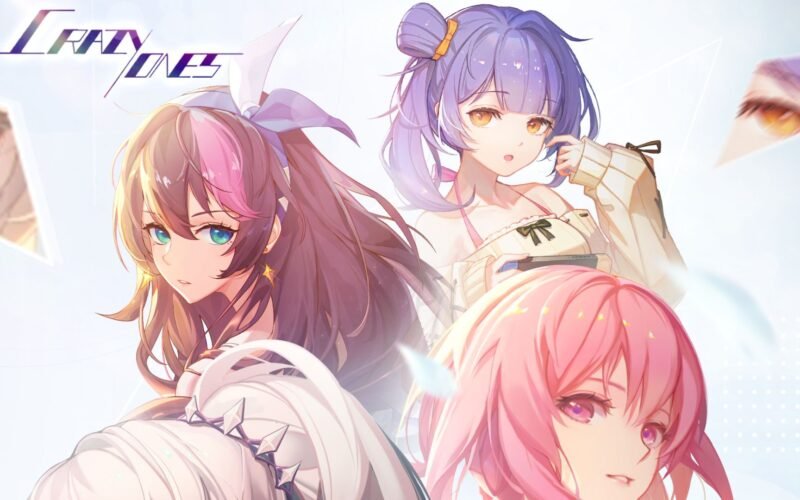
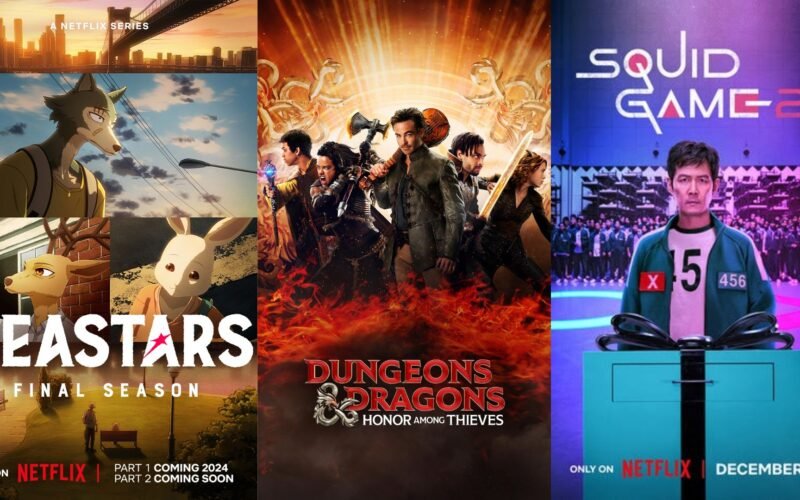

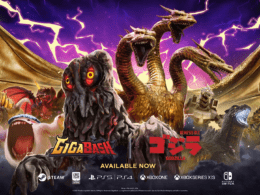


Comments 1